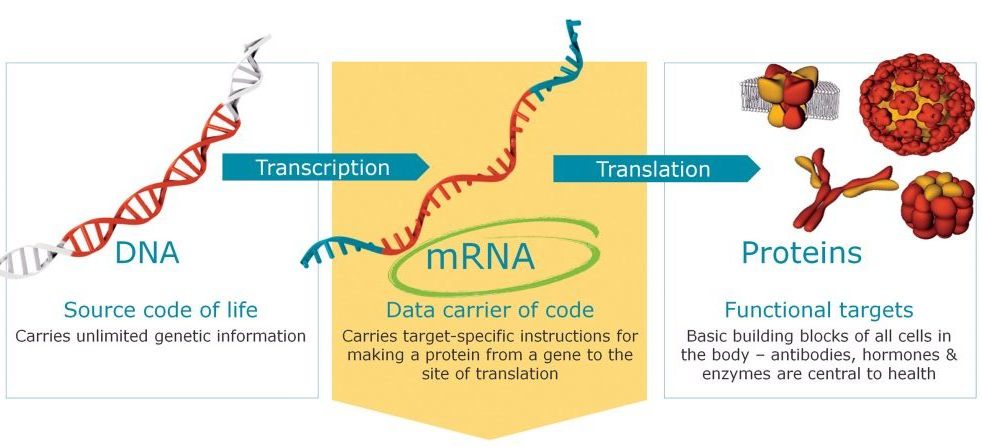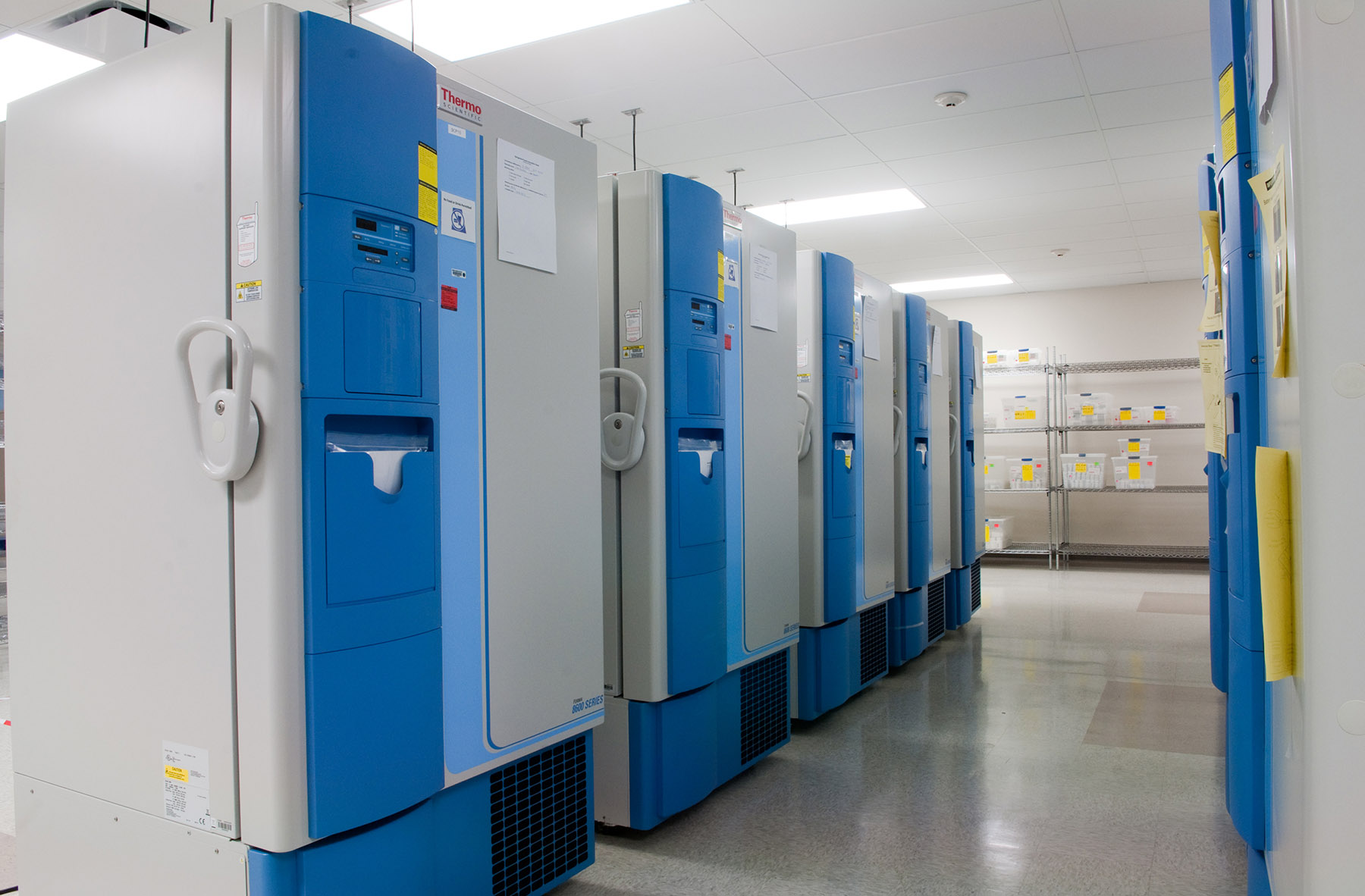With two vaccines becoming available at nearly the same time for COVID-19, many people are wondering what the difference is between the two and if they can choose between Pfizer or Moderna.
How They’re Alike
The vaccines are more alike than they are different. Both vaccines utilize messenger RNA (mRNA) vaccine technology that provides instructions to cells to make a protein that prompts an immune response to the virus spike protein. Like any medical intervention, each individual should consult with their health care provider to determine if they are a candidate for the vaccines.

Both Pfizer and Moderna’s vaccine demonstrated more than 94% efficacy rates for protecting against COVID-19 infection. The vaccines were effective for different races and genders, as well as for people with underlying medical conditions. Side effects for both vaccines were similar with mild and temporary discomfort, including pain at the injection site, headache, fever, fatigue, chills and muscle and joint pain.
How they differ
While both vaccines are stored at cold temperatures, Pfizer’s needs a special freezer to keep the vaccine at minus 94 degrees, while Moderna’s vaccine can be kept in a regular freezer at minus 4 degrees.

The second difference is in the two-dose timelines for each vaccine. Pfizer’s shots are scheduled to be given 21 days apart, while Moderna’s have a 28-day spread. Lastly, the Pfizer vaccine is approved for adolescents and adults age 16 and up, while the Moderna vaccine is approved for adults older than 18 years of age.
Due to the limitations in production, distribution and storage, it is unlikely that people will get to choose which vaccine they want. Until the production increases, it is unlikely that both vaccines will be available the same area.


